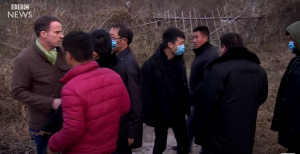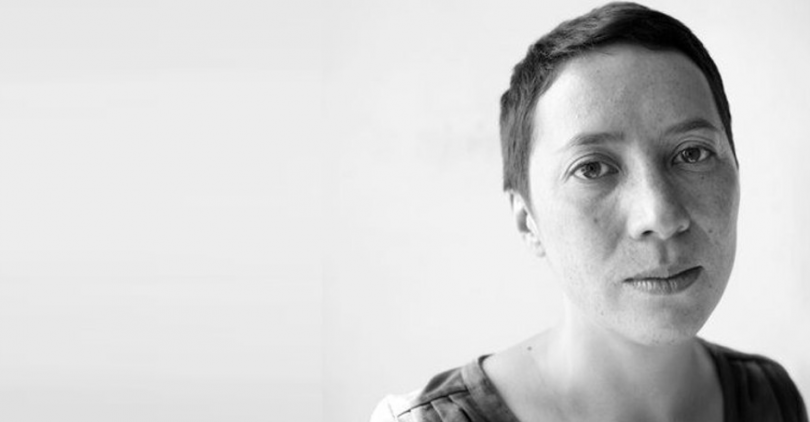Foreign correspondents working in China have endured unprecedented levels of intimidation, surveillance and deportation in the last three decades as the Chinese government continues to crack down on critical foreign voices.
In their annual survey, the Foreign Correspondents’ Club of China (FCCC) found that in 2019, 82% of foreign journalists reported “interference, harassment or violence while reporting”, while 43% said “concern over digital and physical surveillance affected their ability to report, conduct interviews and communicate with sources”.
The Chinese government also used visas as a weapon against the foreign press like never before, expelling 16 foreign journalists and shortening the visas of at least 12 others.
“This amounts to the most brazen attempt in the post-Mao Zedong era to influence foreign news organizations and punish those whose work the Chinese government deems unacceptable,” the FCCC report stated.
Former BBC and NPR China correspondent, Louisa Lim, said that during her 10 years in Beijing she experienced frequent intimidation from Chinese officials due to her reportage on taboo topics such as Tiananmen square and religious minorities.
“It happened quite a lot. There were two times that I was detained whilst covering stories,” Ms Lim said.
Ms Lim also said that it was often “really terrifying” to interview sources as it involved putting them in a compromising position with the authorities.
“There are local people who you’re working with, your fixers, your drivers, people who you really like and respect, who you’re putting in danger,” Lim said.
“Their life is sometimes in your hands and you’ve got to be really careful that you don’t allow it to be just a game.”

BBC correspondent John Sudworth forcibly removed by Chinese officials as he tries to interview an independent candidate running for a local election in 2016. (Image by BBC News)
The intimidation of foreign journalists and their sources has been well documented, with the Communist Party attempting to censor any unfavourable opinions about the government and its dealings.
But in recent years Xi Jinping has ramped up China’s level of control over the foreign press—expelling foreign journalists for the first time in over 20 years.
In February this year, three Wall Street Journal correspondents—Phillip Wen, Josh Chin and Chao Deng—had their visas and press credentials revoked after the WSJ published an opinion piece titled ‘China is the Real Sick Man of Asia’, which discussed the consequences of coronavirus.
When asked why the journalists were expelled for an article they were not involved in, China’s foreign ministry spokesman Geng Shuang said that “media agencies that run articles blatantly insulting China… and maliciously smear China must pay the price”.
Since then, 13 US journalists working for The Washington Post, The New York Times, and The Wall Street Journal have been expelled from China in retaliation for the US’ move to tighten rules on Chinese state-run media operating in the US.
Ms Lim said that the expulsion of these journalists from China was a “massive loss” and western media must continue to devote resources to ensure stories were told—even if it was done from outside China.
“The onus really must be on western media organisations to make sure that the expulsion of so many journalists from China doesn’t stop the flow of information and news coming from China,” Ms Lim said.
Reporters Without Borders’ 2020 World Press Freedom Index confirmed the severity of the oppression, ranking China 177th out of 180 countries in their annual report.
Ms Lim said that in response to these deteriorating working conditions, foreign correspondents should report on the hurdles they face while covering important stories—exposing the lack of free expression in China.
“If you’re harassed or detained it’s really your responsibility to tell your audiences, even if it makes you feel uncomfortable,” Ms Lim said.
(Featured Image: By Louisa Lim via Twitter)







